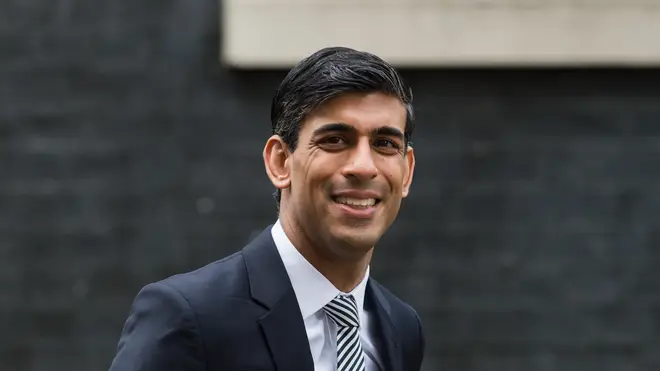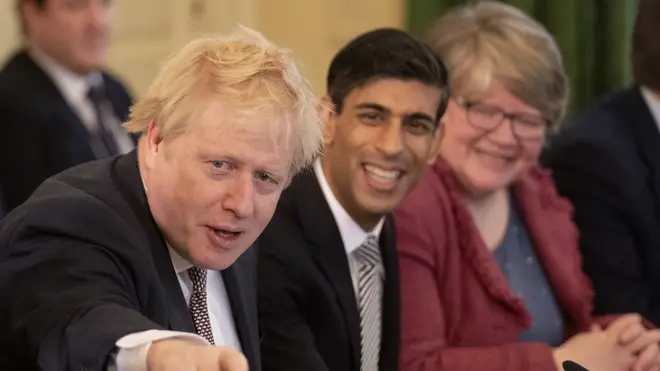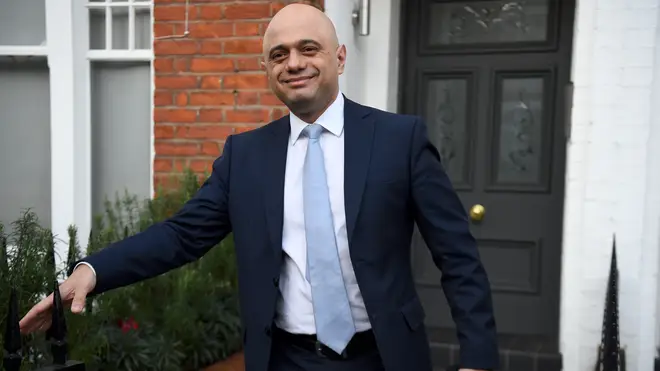
Matthew Wright 7am - 10am
26 February 2020, 00:01

The new Chancellor will need to use his first Budget to raise taxes if he is to maintain the Government's rules on borrowing, a leading economic think tank has warned.
Rishi Sunak took over the role following his predecessor's unexpected resignation earlier this month, giving him just weeks to put together a new plan for his first budget on 11 March.
During the election campaign, Mr Javid committed to run a balanced budget for current spending within three years.
But Mr Sunak is now reported to be under pressure from Boris Johnson and his chief adviser Dominic Cummings to loosen the spending rules.
But the Institute for Fiscal Studies (IFS) has said loosening or abandoning the rules, set out in last year's Conservative election manifesto, would undermine the credibility of any fiscal targets the Government set.
The IFS also said that even on current policy, borrowing next year could be £63 billion, £23 billion more than the most recent official forecast, putting the manifesto target in doubt.

With the Government committed to increasing investment spending, it said that even getting the current budget into balance would not be enough to bring down underlying debt over the course of the parliament.
Loosening or abandoning the current fiscal rule now would put debt on a clearly rising path.
"That would not be sustainable in the long term," the IFS analysis warned.
The Conservative election manifesto also committed the Government not to put up income tax, national insurance or VAT.
However, among the alternative ways for raising revenue, the IFS said abolishing entrepreneurs' relief in capital gains tax and increasing council tax for those living in more expensive properties could form part of a "desirable package" of reforms.
It said that in 2017-18 alone, three quarters of the £2.3 billion cost of entrepreneurs' relief went to just 5,000 individuals with an average tax saving of £350,000 each.

At the same time, the IFS said restricting pensions tax relief to the basic rate would bring in more than £11 billion, although it suggested there were better ways of reform.
It also pointed out that continuing to freeze fuel duty would cost the Treasury £4 billion by the end of the current parliament.
IFS director Paul Johnson said Mr Sunak's first Budget would now set the direction of Government policy for the next five years.
"If this new Government is going to make radical change to taxes and spending this surely is the time to do it," he said.
"The Chancellor is hemmed in by a rising deficit and fiscal targets set out in the Conservative manifesto.
"They will allow him to increase investment spending, which will be welcome if well targeted. But they will not allow substantial increases in current spending, or tax cuts, to be funded by more borrowing.
"We have already had 16 fiscal targets in a decade, and fiscal targets should not just be for Christmas. Mr Sunak should resist the temptation to announce another and instead recognise that more spending must require more tax."